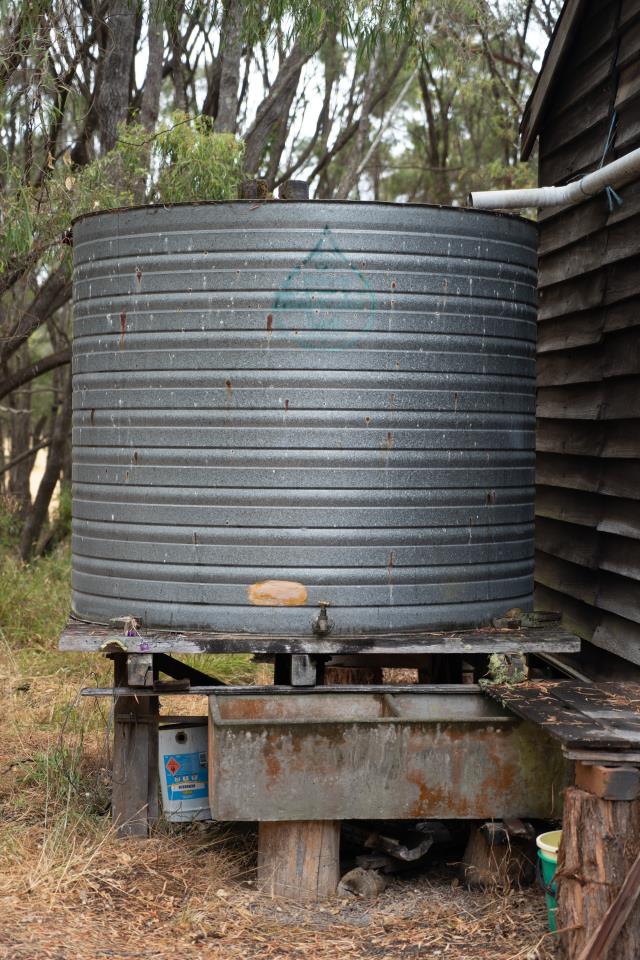By Tania Martin
FORMER Upper Yarra Secondary College student Corey Acuna, 26, will be at least 40 years old before he is a free man.
Last Wednesday, 10 September, a Melbourne Supreme Court judge sentenced him to 22 years’ jail with a minimum 17 years non-parole period for the stabbing murder of former Healesville musician Darren Jones.
But Mr Jones’s family have hit out at the Australian legal system, saying 22 years was not enough.
Drug addict Acuna murdered Mr Jones when he stabbed him three times in an unprovoked attack in February 2006.
Mr Jones was travelling home on a Belgrave bound train on Thursday 23 February when Acuna approached him shortly after 1.16pm.
During his trial in May, a jury heard that Acuna produced a large diver’s knife from the front of his pants and attacked Mr Jones as the train approached Box Hill Station.
Mr Jones stumbled off the train but collapsed on the platform and died.
Police caught Acuna and took him to the homicide squad office in Melbourne.
During the journey Acuna told police that his drug taking and schizophrenia had led to the attack.
The court heard Acuna believed Mr Jones was someone who had owed him money.
He told police Mr Jones had made racial comments towards him.
“He pissed me off, said racial stuff to me, so I cracked it, drilled him,” Acuna said.
Last week Supreme Court Justice Paul Coghlan said the case was a tragic one with a young father’s life being cut short.
“Your (Acuna) behaviour appeared to be lucid, rational and contrived,” he said.
Justice Coghlan said Acuna told police that he had been on speed the night before the incident.
But he said the defence had failed to prove to the jury that Acuna was suffering from a psychiatric illness.
Justice Coghlan said it was unlikely Acuna had been suffering from a schizophrenic episode at the time of the murder.
He said it was more likely that Acuna was suffering from psychosis relating from drug withdrawals.
Following several medical assessments, Justice Coghlan said it was apparent that Acuna didn’t have schizophrenia as previously diagnosed.
“Your mental problems appear to be drug and alcohol related,” he said.
“You surprised your victim and he was unable to defend himself.”
Justice Coghlan said a troubled childhood had led Acuna to a life of drug abuse which had subsequently led to psychosis.
He said Acuna had previously failed to take up the opportunity of rehabilitation under a community based order (CBO) from a previous offence.
Prior to the murder charge, Acuna had 30 convictions to his name with a number of offences including arson and theft charges.
However, Justice Coghlan said Acuna had shown during his incarceration while he was waiting for trial that he had the ability to reform when he was not taking drugs.
“You have every prospect if you are drug free to be psychosis free,” he said.
Justice Coghlan said Acuna had a good chance of rehabilitation if he stayed away from drugs and alcohol.
He said this case was a cautionary tale for anyone who condones the use of drugs.
Jail for stab murder
Digital Editions
-

Agriculture Victoria urges farmers to take stock of their water reserves
With summer on the way, now is an ideal time to take stock of your water reserves. Agriculture Victoria Land Management Extension Officer Clem Sturmfels…





